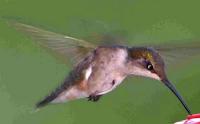I want to do a couple of quick beers this weekend and I'm aiming to try no sparge. For those of you out there that do it, can you give me some pointers?
How do you figure mash thickness? pH issues in a very thin mash? any other issues with a very thin mash?
Typical grain absorption? draining time?
Etc., etc...













